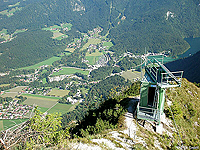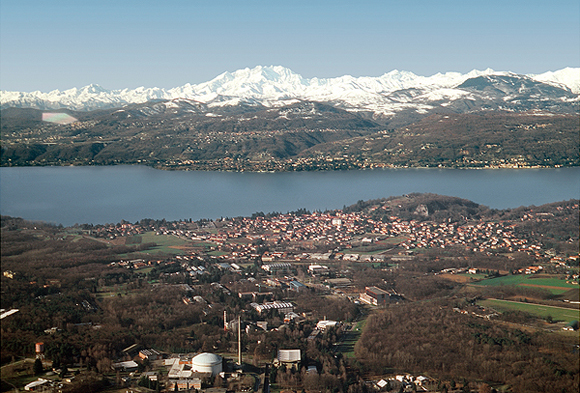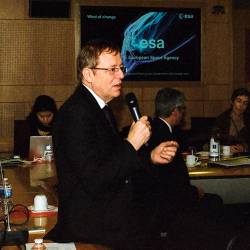 Günter Hein
Günter HeinThe European Space Agency (ESA) has appointed Prof. Dr. Günter Hein to serve as Head of Galileo Operations and Evolution with duties in Noordwijk, Netherlands, and Paris, France.
With an initial four-year term beginning December 1, Hein will report directly to René Oosterlinck, ESA’s director of the Galileo program and navigation-related activities (D/GAL).
The European Space Agency (ESA) has appointed Prof. Dr. Günter Hein to serve as Head of Galileo Operations and Evolution with duties in Noordwijk, Netherlands, and Paris, France.
With an initial four-year term beginning December 1, Hein will report directly to René Oosterlinck, ESA’s director of the Galileo program and navigation-related activities (D/GAL).
Nominated for the post by the German government, Hein will share responsibility for the evolution of the Galileo system, the relation and interoperability of Galileo and EGNOS to other GNSSs, preparation of the future operational phase of the Galileo infrastructure, implementation the related “technology actions,” and associated activities.
Hein took up his new responsibilities quickly, joining European Commission representatives on a mission to Beijing to negotiate with the Chinese Technical Working Group on Compass regarding the problem of signals and frequencies of Galileo and the Chinese GNSS system. Among other issues, China is proposing to transmit Compass signals in RF spectra that overlap the Galileo public regulated service (PRS) signals at E6 around 1268 MHz and E1(lower L1) around 1561 MHz.
Hein has been a full professor and director of the Institute of Geodesy and Navigation (IGN) at Germany’s University FAF Munich since 1983. He will take a leave of absence from the university, retaining all the rights as professor. Bernd Eissfeller, formerly IGN’s vice-director and since 2000 a full professor of navigation at the University FAF Munich, is now heading now the institute.
Hein has been a member of the European Commission’s Galileo Signal Task Force and is the organizer of the annual Munich Satellite Navigation Summit. He has also been a contributing editor to Inside GNSS, coordinating the Working Papers column.





